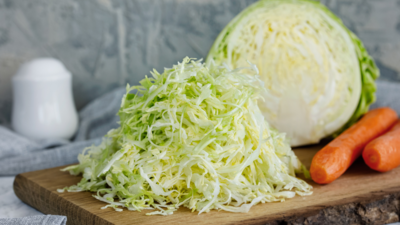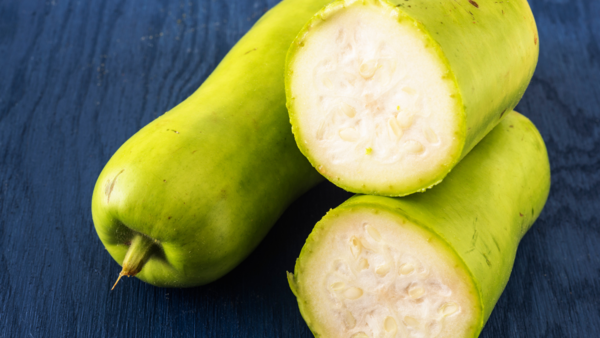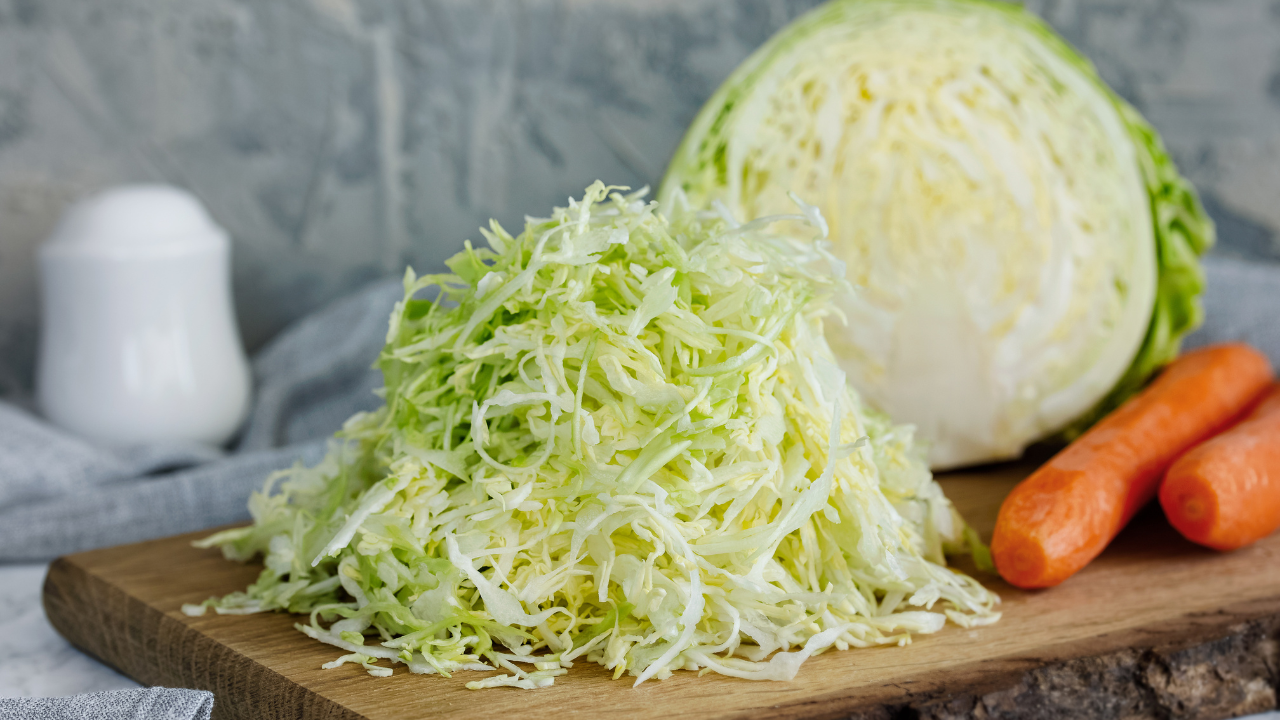Eating raw foods is popular since many people think it’s healthier and retains more nutrients. But not every item is safe to consume raw. Certain uncooked ingredients contain toxic substances, dangerous germs, or other substances that can cause anything from minor gastrointestinal distress to fatal diseases. Cooking is essential for food safety since it neutralizes dangerous compounds and eliminates microorganisms, even though it may lower some nutrients.
Certain foods, such as raw meat and eggs, as well as various fruits and vegetables, must be prepared properly to minimize hazards. One must understand the possible health risks associated with a number of common foods that you should never eat uncooked. To protect yourself and eat a safe, balanced diet, you must be aware of these risks.
1. Eggs:
According to Simrat Kathuria, head dietitian, CEO, The Diet Xperts, “Salmonella, a bacterium that can cause serious food poisoning, may be present in raw or undercooked eggs. Fever, cramping in the abdomen, diarrhea, and vomiting are some of the symptoms. Using pasteurized eggs in recipes that require raw eggs, such as homemade mayonnaise or some sweets, is essential to lowering the risk.”
2. Mushrooms (Some Types):
Although some types of mushrooms, such as button mushrooms, are safe to eat raw, many wild or some cultivated types contain toxins that can lead to organ damage, nausea, and vomiting. Amanita and other wild mushrooms, for instance, can prove fatal. Cooking mushrooms increases their digestibility and helps neutralize toxic chemicals.
3. Cashews:
The same poisonous substance that is present in poison ivy, urushiol, also present in raw cashews. Eating raw cashews can cause severe allergic reactions, including skin rashes and respiratory distress. Commercial cashews, on the other hand, are usually roasted to eliminate the toxin and render them safe for consumption.
4. Potatoes:
Solanine, a poisonous substance that can induce nausea, vomiting, and neurological problems, is present in raw potatoes, particularly the green portions and sprouts. This toxin is completely eliminated when potatoes are cooked, making them safe to consume.
5. Beans:
According to Dr. Preeti Nagar, dietician, Noida International Institute of Medical Sciences College and Hospital, “Lectins, a type of protein found in raw kidney beans, can cause nausea and severe stomach discomfort. When beans are cooked, the lectins are completely neutralized, and they are safe to eat.”
6. Pumpkin (Kaddu):
While the flesh can be eaten raw in small amounts, it’s usually cooked to enhance its sweetness and digestibility.
7. Bottle Gourd (Lauki):
This vegetable is often used in curries and soups. Eating it raw can lead to digestive issues, so it’s best cooked.
8. Cabbage (Patta Gobhi):
While some people enjoy raw cabbage in salads, cooking it can help reduce its gas-producing properties. Cabbage may occasionally harbor insects or pests. Therefore, it is advised to lightly blanch it in hot water with salt.
9. Eggplant (Baingan):
Raw eggplant can be bitter and contains solanine. High solanine intake can cause neurological and gastrointestinal symptoms, such as headache, cramping in the stomach, diarrhea, and nausea and vomiting. Cooking eggplant makes it safe and enhances its flavor.
10. Cauliflower (Gobi):
While it can be eaten raw, compared to other vegetables, cauliflower’s compact shape can harbor more worms or insects. To preserve the crunch and texture, it must be cooked before consumption or lightly blanched. Cooking it in dishes like curries or stir-fries can make it more flavorful and easier to digest.
Eating an egg a day: Is it good or bad for your heart?
I’m Manas Ranjan Sahoo: Founder of “Webtirety Software”. I’m a Full-time Software Professional and an aspiring entrepreneur, dedicated to growing this platform as large as possible. I love to Write Blogs on Software, Mobile applications, Web Technology, eCommerce, SEO, and about My experience with Life.





